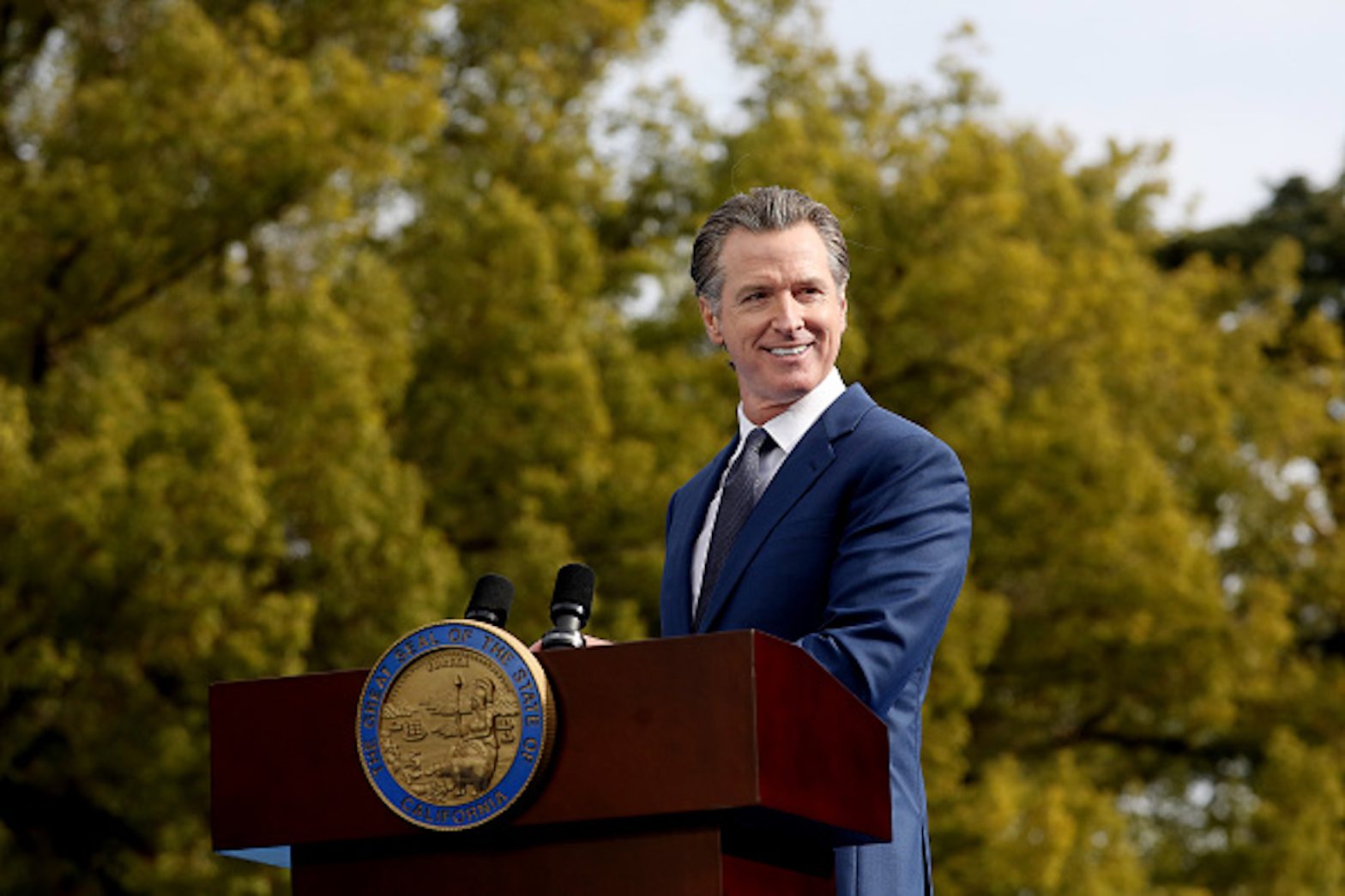
CALIFORNIA governor Gavin Newsom signed several bills recently aimed to strengthen the state’s protection for LGBTQ+ citizens.
The signings came after he issued a controversial veto that was criticised by advocates last week.
Legislation focusing on assisting LGBTQ+ adolescents is one of the new laws.
One law sets timelines for required cultural competency training for public school teachers and staff, while another creates an advisory task force to determine the needs of LGBTQ+ students and help advance supportive initiatives.
Thirdly, regardless of a child’s sexual orientation or gender identity, families must demonstrate their ability and willingness to care for the child’s needs.
“California is proud to have some of the most robust laws in the nation when it comes to protecting and supporting our LGBTQ+ community, and we’re committed to the ongoing work to create safer, more inclusive spaces for all Californians”, Newsom said in a statement.
“These measures will help protect vulnerable youth, promote acceptance, and create more supportive environments in our schools and communities.”
The governor also approved a bill requiring at least one gender-neutral toilet accessible to students in first through 12th-grade schools by 2026.
The law was encouraged by a Southern California school district that instituted a policy requiring schools to tell parents when their children change their pronouns or use a bathroom of a gender other than the one listed on their official paperwork.
A judge halted the policy after California lawyer General Rob Bonta sued the Chino Valley Unified School District. The case is still pending.
The governor’s bill-signings came after Newsom vetoed a bill on Friday that would have required judges to consider whether a parent affirms their child’s gender identity when making custody and visitation decisions.
According to Newsom, existing laws already oblige courts to take into account a child’s health, safety, and welfare when assessing what is in his or her best interests in custody disputes, including the parent’s acceptance of the child’s gender identity.